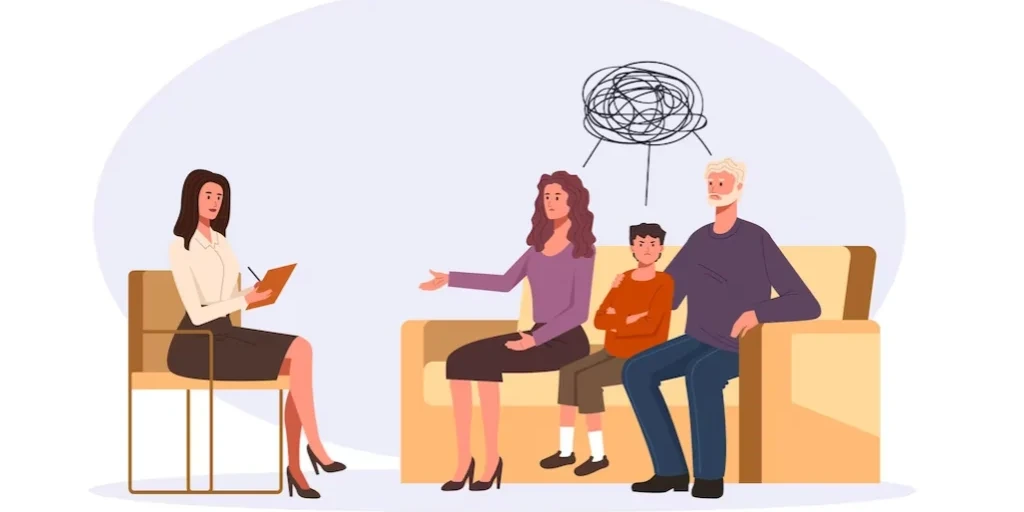24/7 Helpline:
(866) 899-221924/7 Helpline:
(866) 899-2219
Learn more about Medication-assisted Treatment centers in Batesville
Medication-assisted Treatment in Other Cities

Other Insurance Options

Sutter

MVP Healthcare

EmblemHealth

Covered California

Horizon Healthcare Service

BHS | Behavioral Health Systems

Optum

UnitedHealth Group

WellCare Health Plans

Oxford

Providence

Coventry Health Care

Optima

BlueCross

Lucent

AllWell

Health Partners

Premera

Cigna

CareFirst






























































































































Region Ten Community Services Board – Crozet
Region Ten Community Services Board is a non-profit rehab located in Crozet, VA. Region Ten Communit...



































































